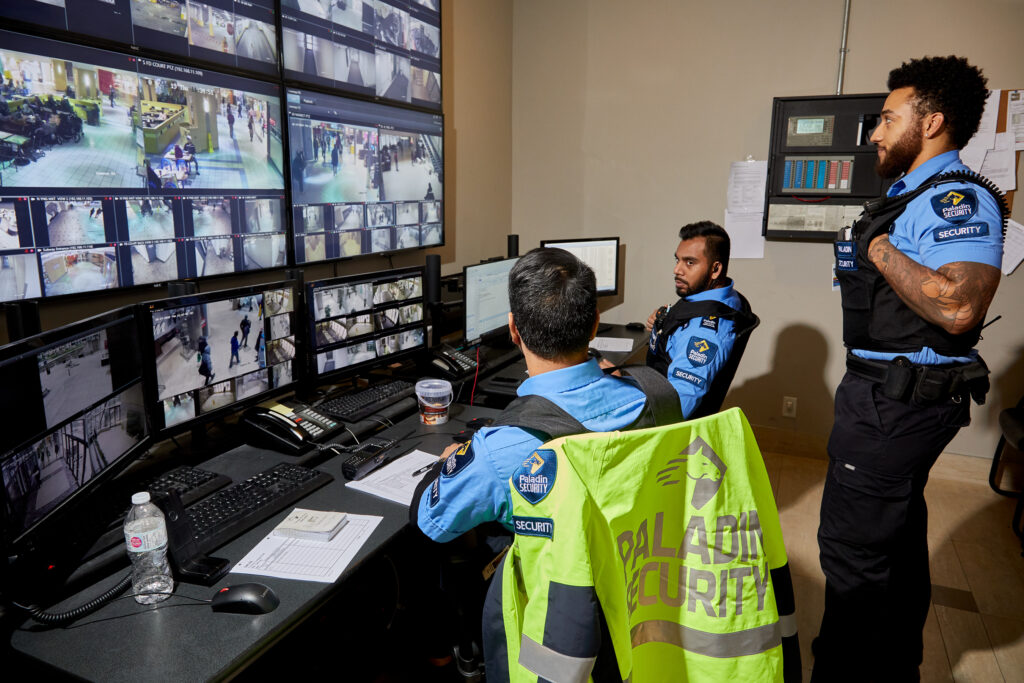Why Continuing Education and On-the-Job Training Matter
To be successful in their jobs and provide excellent service, security guards require both continuing education and on-the-job training. Through continuing education, security guards can remain knowledgeable about industry trends and advancements, while also learning new skills and techniques to better perform their duties. On-the-job training provides practical experience, allowing security guards to develop skills in observation, communication, and conflict resolution. This training prepares them to handle real-life security situations effectively.

The Benefits of Education and Training
Continuing education and on-the-job training together benefit security guards in various ways. By implementing new skills and techniques learned in continuing education classes, security guards can provide better security services to their clients. This combination of education and practical experience also helps advance their careers, leading to increased job satisfaction.
How to Access Education and Training
Security companies and training schools offer numerous professional development opportunities to ensure that security guards have access to high-quality continuing education and on-the-job training. Training programs can be classroom-based, online, or on-the-job, covering essential topics such as emergency response, communication, and customer service.
The Synergy of Continuing Education and On-the-Job Training
Both continuing education and on-the-job training complement each other by providing different learning experiences. Combining both types of education and training can help security guards develop a versatile skill set, ready to face any security challenge that may arise.
Conclusion
Ongoing education and training are essential for security guards to remain knowledgeable, perform their duties effectively, advance their careers, and find fulfillment in their work. With access to quality training programs, security guards can continue to enhance their expertise and skills throughout their careers.
